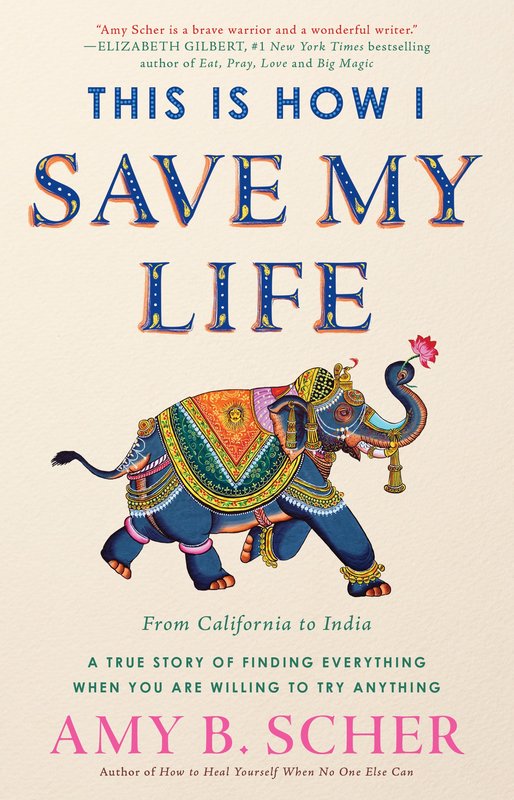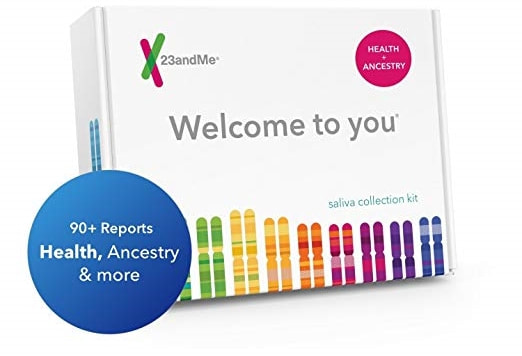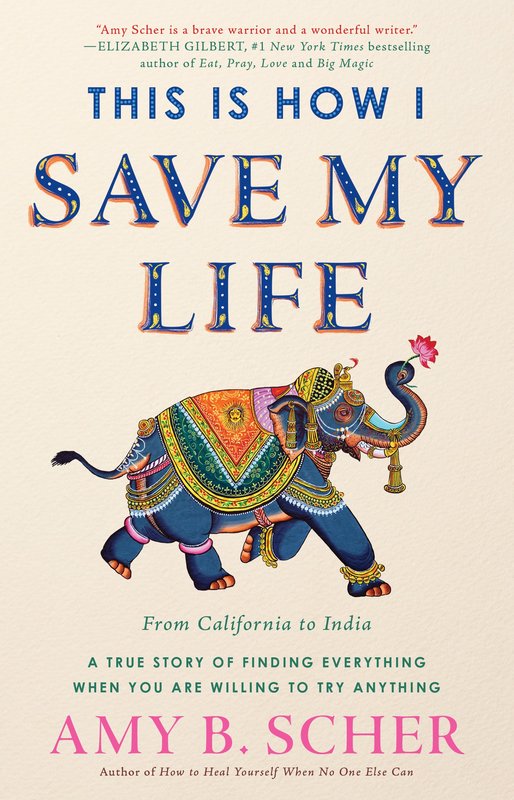5 Words to Ditch for Mental Health
May 1, 2014 in Lifestyle by Amy Scher
I am known for reminding clients (and myself too!): "Be careful what you tell yourself, because you're always listening." Our self-talk makes such a gigantic difference in our perceptions and experiences. And that makes such a difference in our stress levels. And of course, our stress levels have a direct impact on our immune system.
I've been watching my vocabulary more and more lately and have decided these 5 words always leave me swimming in energy I don't want to align with. I know for certain changing your language can change your energy and your health and life too (I'm living proof). That's why I wanted to share my "ditch list" with you.
Are you willing to ditch them too?
1. Busy
Definition: Having a great deal to do.
Busyness is an addiction. Our society prides itself on being busy - it means we're doing, making things happen, being "useful." But really, there is so much more to being grounded, in the flow, and present. "Busy" is an overused word that comes with some sort of honor. It becomes an excuse and we use it to prioritize. "I'm too busy to…" implies you don't have a choice. Non-truth. I choose from today to never be "too busy" for the things that matter. Bye bye "busy." I'll let some other sucker claim you.
2. Overwhelm
Definition: Bury or drown beneath a huge mass. To overpower or crush.
Yeah, this one just isn't pretty. I'm dropping the "over" and sticking with "whelmed." Nothing can crush me and telling my body all day that I'm "overwhelmed" isn't a good message to send it. I'd never even think of saying "you're being crushed" over and over. From now on, I'll be whelmed with an awesome full list of things to participate in and whelmed with gratitude.
3. Anxiety
Definition: A feeling of unease, typically about an imminent event or something with an uncertain outcome.
I don't buy this one. The word "anxiety" doesn't say exactly how you feel. I believe there's some buried energy and using the general word of "anxiety" can let us off the hook of figuring out what's really there. It's repressed "something" in my opinion. I rarely have this one these days (although I am human), but when I do, I'm calling myself to the challenge of figuring out "what" is sitting beneath it just waiting to be acknowledged.
4. Chronic
Definition: Persisting for a long time or constantly recurring.
I'm all about beliefs and this is one I don't wish to carry anymore. I've learned if a belief doesn't work for you, you can "unsubscribe" so to speak. Chronic is something you are experiencing for a long period of time. And naming it "chronic" isn't in any way aligning with the belief that it will pass sooner rather than later, right?
5. Should
Definition: Used to indicate obligation, duty, or correctness, typically when criticizing someone's actions.
Should implies a mistake. It implies something was done wrong and there is someone to blame. From now on, I'm using "could" instead. I "could have" done this or that. Although I'm not sure I see the need to go there either. It's easier to be easy on myself when I'm not telling myself my action was wrong, but rather simply looking at what the other side of the coin could have shown me. Either way, it'll all be good!
I've been watching my vocabulary more and more lately and have decided these 5 words always leave me swimming in energy I don't want to align with. I know for certain changing your language can change your energy and your health and life too (I'm living proof). That's why I wanted to share my "ditch list" with you.
Are you willing to ditch them too?
1. Busy
Definition: Having a great deal to do.
Busyness is an addiction. Our society prides itself on being busy - it means we're doing, making things happen, being "useful." But really, there is so much more to being grounded, in the flow, and present. "Busy" is an overused word that comes with some sort of honor. It becomes an excuse and we use it to prioritize. "I'm too busy to…" implies you don't have a choice. Non-truth. I choose from today to never be "too busy" for the things that matter. Bye bye "busy." I'll let some other sucker claim you.
2. Overwhelm
Definition: Bury or drown beneath a huge mass. To overpower or crush.
Yeah, this one just isn't pretty. I'm dropping the "over" and sticking with "whelmed." Nothing can crush me and telling my body all day that I'm "overwhelmed" isn't a good message to send it. I'd never even think of saying "you're being crushed" over and over. From now on, I'll be whelmed with an awesome full list of things to participate in and whelmed with gratitude.
3. Anxiety
Definition: A feeling of unease, typically about an imminent event or something with an uncertain outcome.
I don't buy this one. The word "anxiety" doesn't say exactly how you feel. I believe there's some buried energy and using the general word of "anxiety" can let us off the hook of figuring out what's really there. It's repressed "something" in my opinion. I rarely have this one these days (although I am human), but when I do, I'm calling myself to the challenge of figuring out "what" is sitting beneath it just waiting to be acknowledged.
4. Chronic
Definition: Persisting for a long time or constantly recurring.
I'm all about beliefs and this is one I don't wish to carry anymore. I've learned if a belief doesn't work for you, you can "unsubscribe" so to speak. Chronic is something you are experiencing for a long period of time. And naming it "chronic" isn't in any way aligning with the belief that it will pass sooner rather than later, right?
5. Should
Definition: Used to indicate obligation, duty, or correctness, typically when criticizing someone's actions.
Should implies a mistake. It implies something was done wrong and there is someone to blame. From now on, I'm using "could" instead. I "could have" done this or that. Although I'm not sure I see the need to go there either. It's easier to be easy on myself when I'm not telling myself my action was wrong, but rather simply looking at what the other side of the coin could have shown me. Either way, it'll all be good!
latest posts
tags
Disclaimer: The information on this website is not a substitute for professional medical advice.
Always consult with your treating physician before altering any treatment protocol.
Always consult with your treating physician before altering any treatment protocol.







